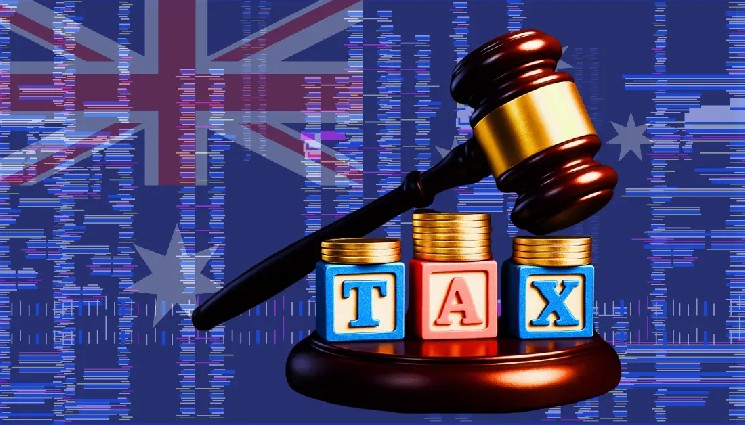Australia has long been known for its crypto-friendly environment, but recent legal developments may completely change how Bitcoin is taxed in the country. In May 2025, a significant ruling by Victorian Magistrate Michael O’Connell in a Bitcoin theft case suggested that Bitcoin could be recognized as Australian currency, not property. This landmark statement has sparked intense debate across the crypto community and tax authorities.
Adrian Carter, a co-defendant in the case, stated, “It was held that Bitcoin is Australian money. That is, it is not a CGT asset. Therefore, acquisitions and disposals of Bitcoin have no tax consequences.” If Bitcoin is officially reclassified as currency, this could eliminate capital gains tax (CGT) on BTC transactions and result in the government owing nearly AUS$1 billion (approx. US$640 million) in past tax collections.
However, it is important to note that the ruling is currently under appeal and has not been officially regulated. While the decision garnered attention, the Australian Tax Office (ATO) has not updated its guidance. Until higher courts confirm Bitcoin as legal tender, the existing tax framework remains in place.
As of 2025, cryptocurrencies including BTC, ETH, NFTs, stablecoins, and DeFi are classified as CGT assets in Australia. They are subject to Capital Gains Tax between 0% and 40%, based on individual income brackets. A 50% CGT discount applies if assets are held for over 12 months before being sold. The ATO closely monitors all crypto activity, and non-compliance can lead to legal penalties.
Despite rumors of loopholes in the current regime, there are none. The law remains unchanged until Bitcoin is officially recognized as currency by a higher court and accepted by the ATO. Therefore, Australian investors and businesses must adhere to the existing crypto tax rules. The ATO continues to treat digital assets as property, not money, and capital gains tax still applies to all crypto-related transactions.
In conclusion, until Bitcoin is formally reclassified, Australian investors and businesses must continue to follow the existing crypto tax rules. The potential reclassification of Bitcoin as currency could have significant implications for tax obligations, but until then, it is business as usual in terms of taxation in the crypto space.
This post has been seamlessly integrated into a WordPress platform, providing readers with valuable insights into the evolving landscape of cryptocurrency taxation in Australia.

